What is Reported Speech?

What is reported speech and when do we use it?
Reported speech is telling somebody what somebody else has said. It is also often referred to as indirect speech. You will find examples of reported speech everywhere in everyday life – when meeting up with friends, in business meetings, at school, in journalism and on the news. Learning how to report speech correctly is a very useful advanced English grammar skill.
The most common verbs used to report speech are say and tell.
After tell we indicate the listener by including an object pronoun. After say we do not indicate the listener.
For example:
“The boss told me that the meeting would be at 6pm.”
“The boss said that the meeting would be at 6pm.”
Do I need to make changes to the original speech when reporting?
A lot of the time, yes. When the speech we are reporting happened a long time ago, or the event has already happened, we need to make changes to the tense of the original speech and expressions of time and place . You’ve probably heard of this referred to as sequence of tenses or backshifting.
For example, let’s imagine I am talking about a news report I saw on TV last week.
The reporter said: “An earthquake occurred several hours ago. The prime minister will address the nation tonight.”
Report: The reported said that an earthquake had occurred, and that the prime minister would address the nation that night.
Here are a couple of useful images to show the changes we need to make:
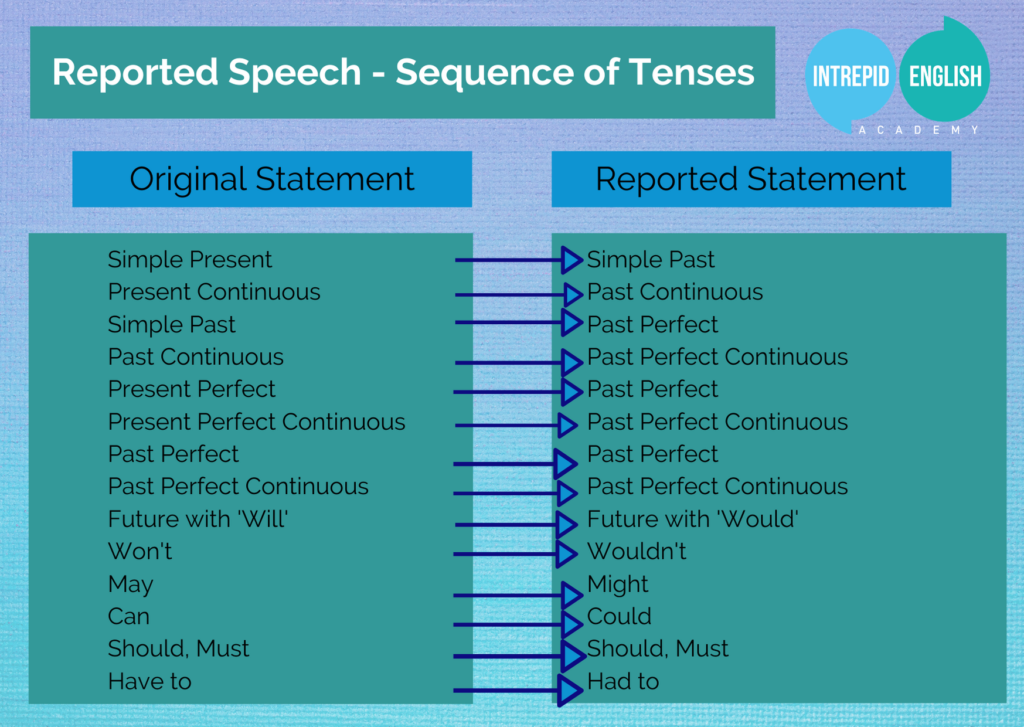
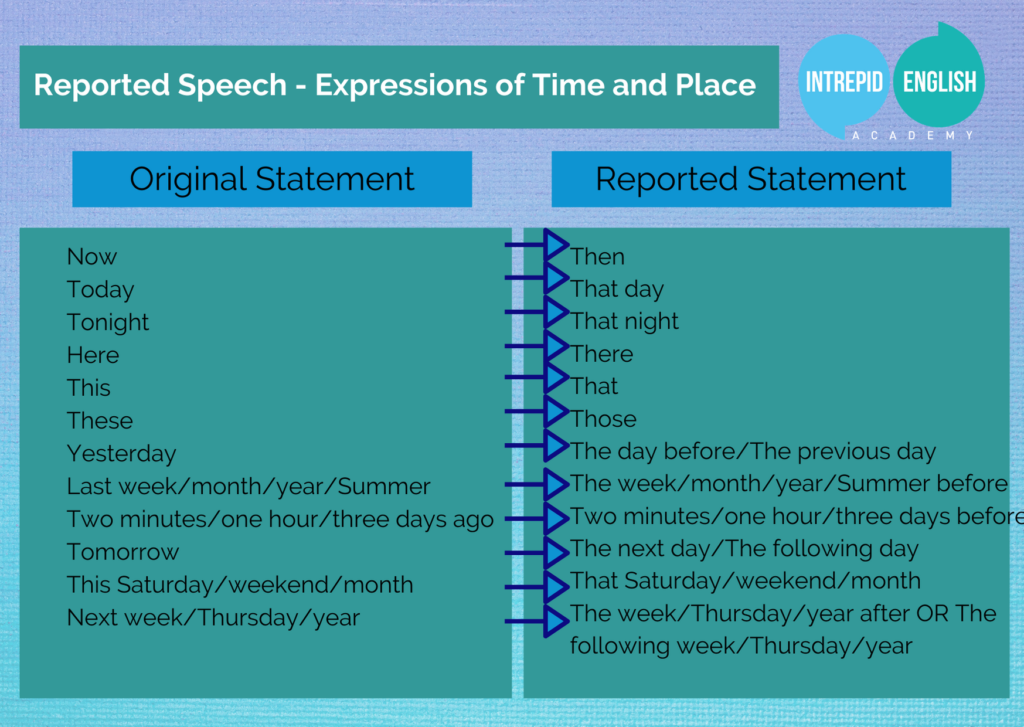
How can I learn to report speech?
The brand new Reported Speech Course in the Intrepid English Academy guides you through all you need to know to feel confident using reported speech in English. You’ll learn how to use sequence of tenses, and practise reporting with activities which are relevant to real life. You’ll also learn lots of different verbs and structures for reporting, alongside lots of lovely new and useful vocabulary!
You can book a lesson with an Intrepid English Teacher to practise what you’ve been learning, or to clear up any doubts you might have, and throughout the course there are regular quizzes to review the lessons and test your knowledge.
Remember, you can also ask us a question using the green chat box at any time.
What can I expect from the course?
Our lovely founder Lorraine hosted a free taster of the course on YouTube last week. You can check it out here for a sneak peek at the first lesson of the course.
Prefer to do your learning on-the-go?
There will soon be an audio course on this subject available on SoundCloud, Spotify, or wherever you get your podcasts! To make sure you don’t miss out, sign up to our newsletter below to be the first to know about upcoming audio courses, podcast episodes, blog posts, YouTube videos, news from the Intrepid English Teachers, and much more!
For a taster of what to expect from the Intrepid English Academy, check out our free taster courses on English for Travelling, English Verb Tenses and Small Talk.
There are even more courses coming to the Intrepid English Academy very soon. To find out what’s coming up at Intrepid English in 2021 download our free Intrepid English Study Planner right here.
Book a free trial lesson today and talk about your learning goals with an experienced English teacher. Say goodbye to boring English lessons! If you’re not sure what you want to learn, let your teacher choose from the range of English courses that have been designed to help our students to achieve their goals.

This blog was written by Intrepid English Teacher Kate.
Find out more about Kate on her Intrepid English Teacher profile page.
If you have any questions, or you would like to request a topic for a future blog, you can contact us using the chat box, or email us at Intrepid English.
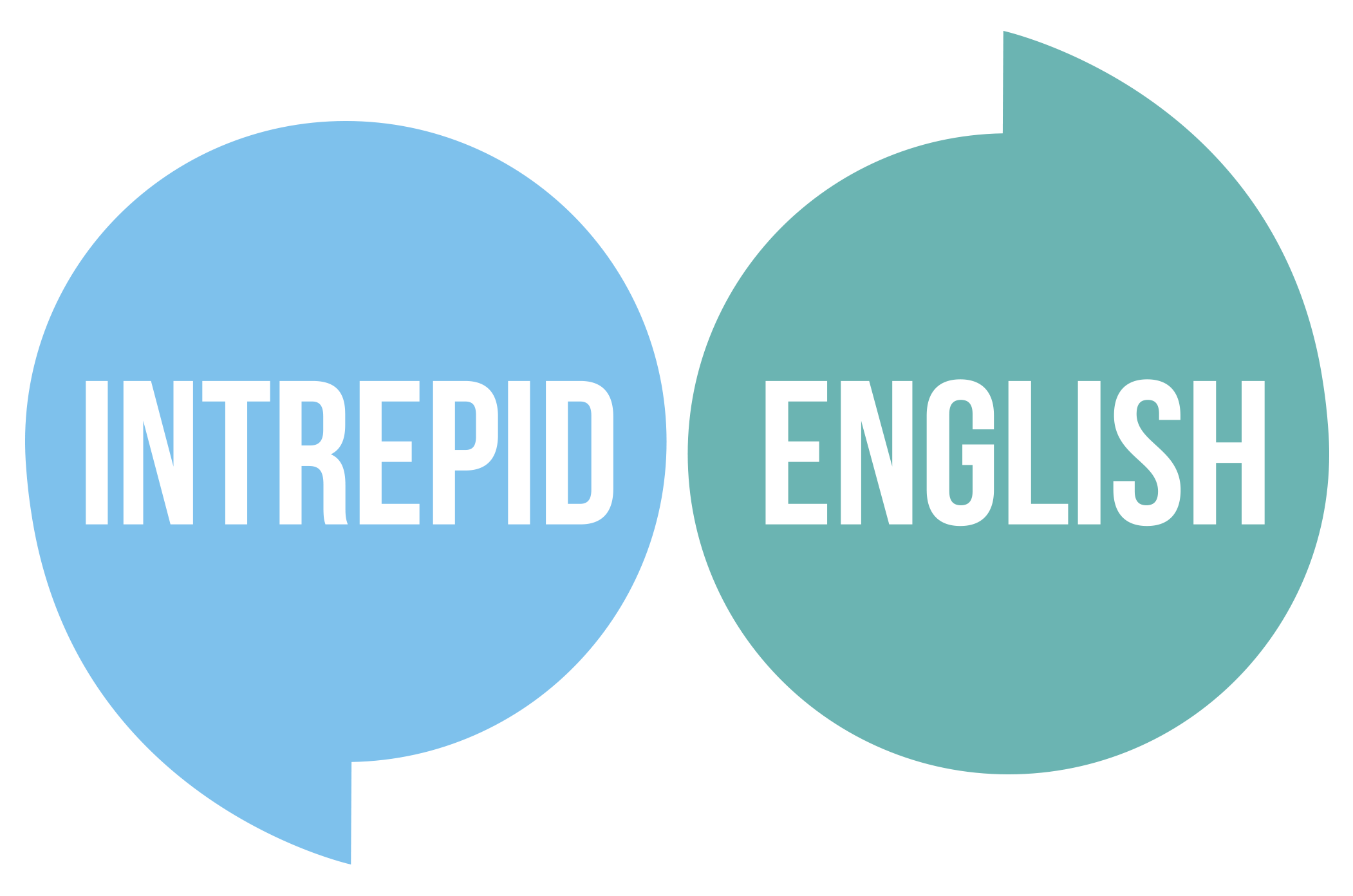
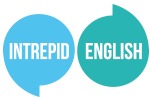
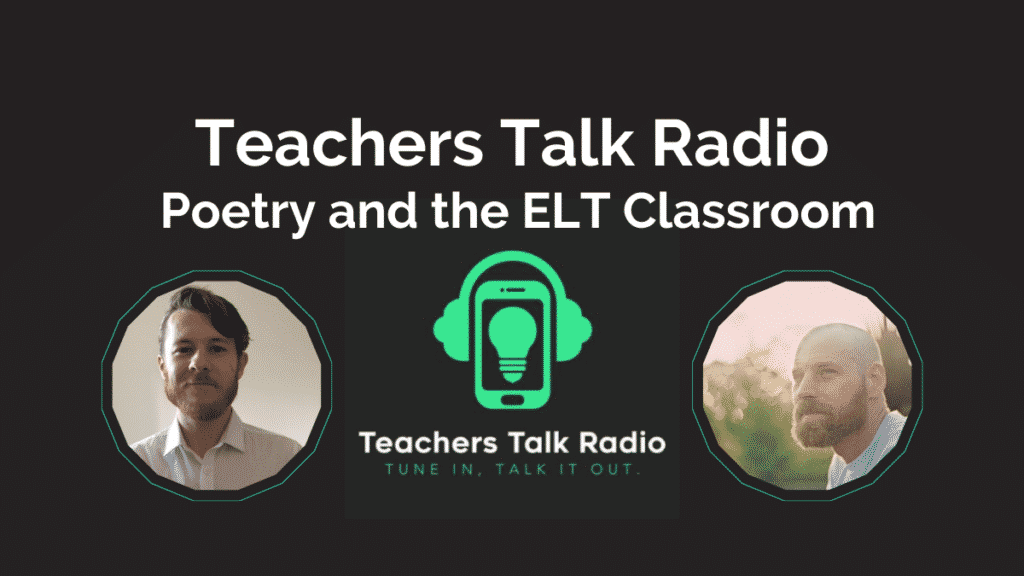

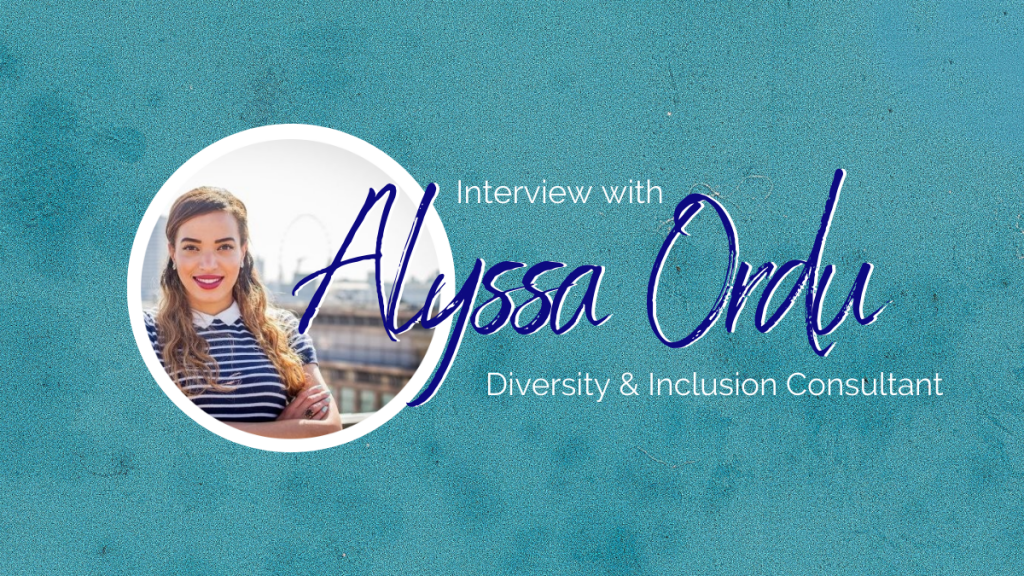
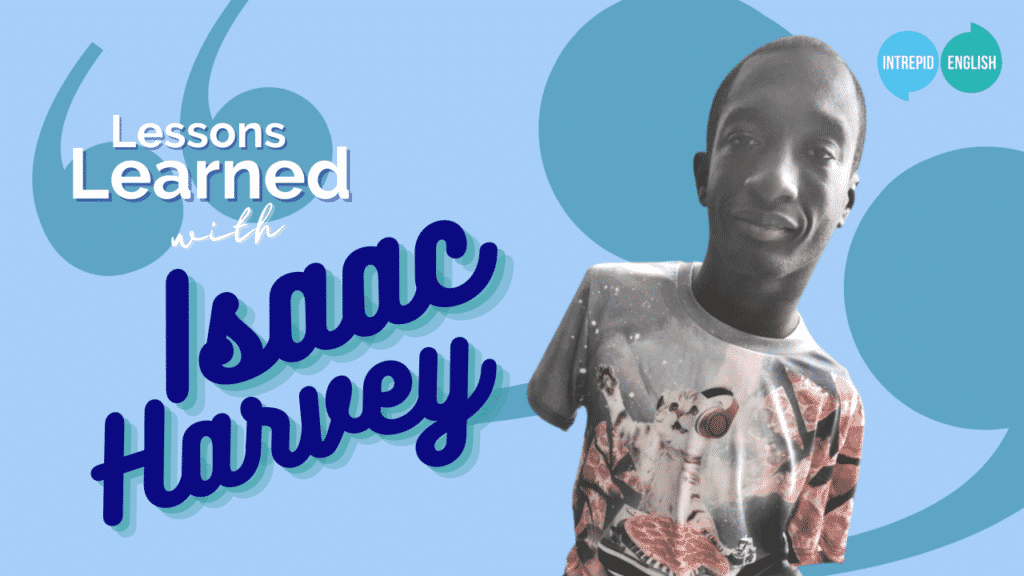
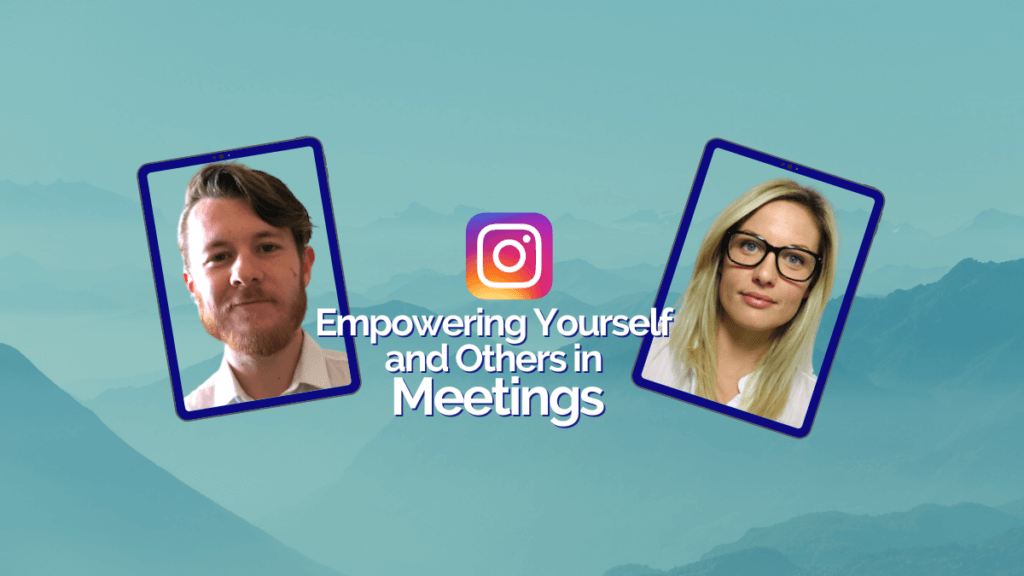
Responses